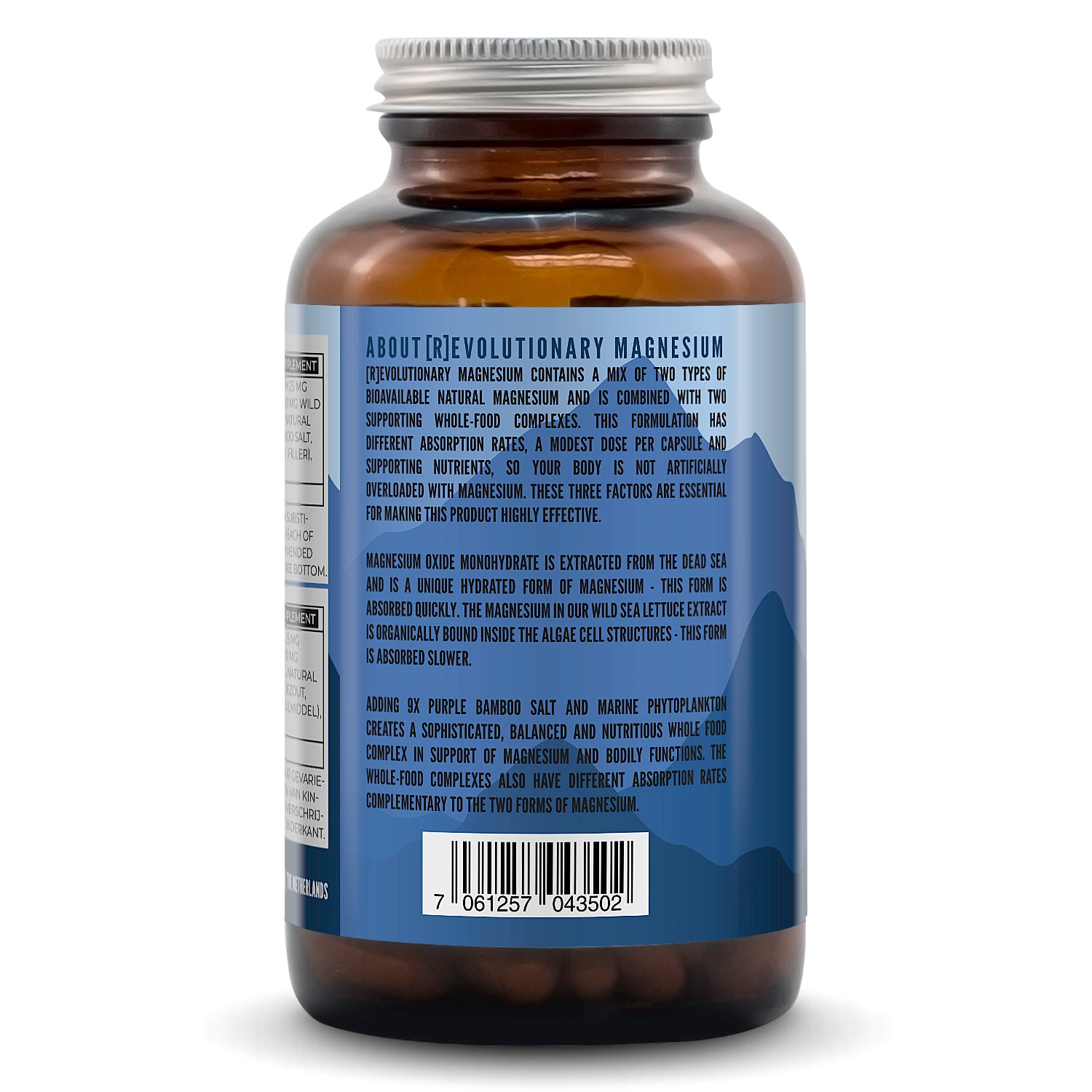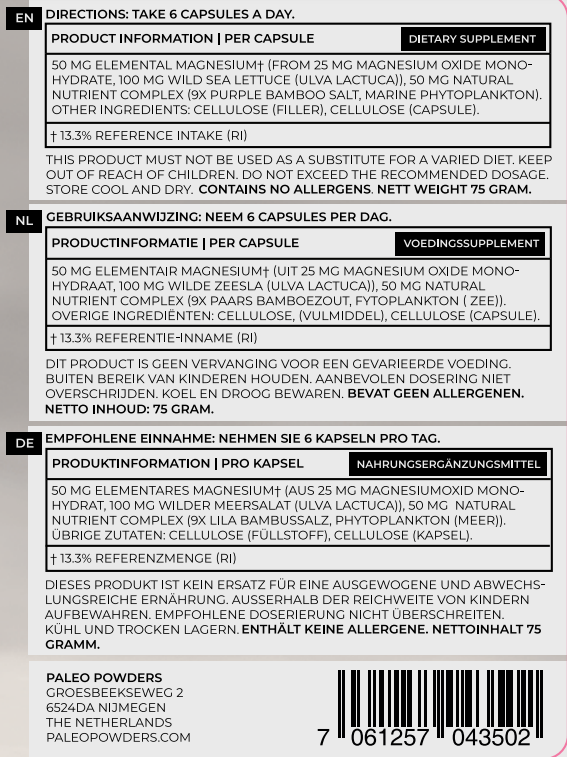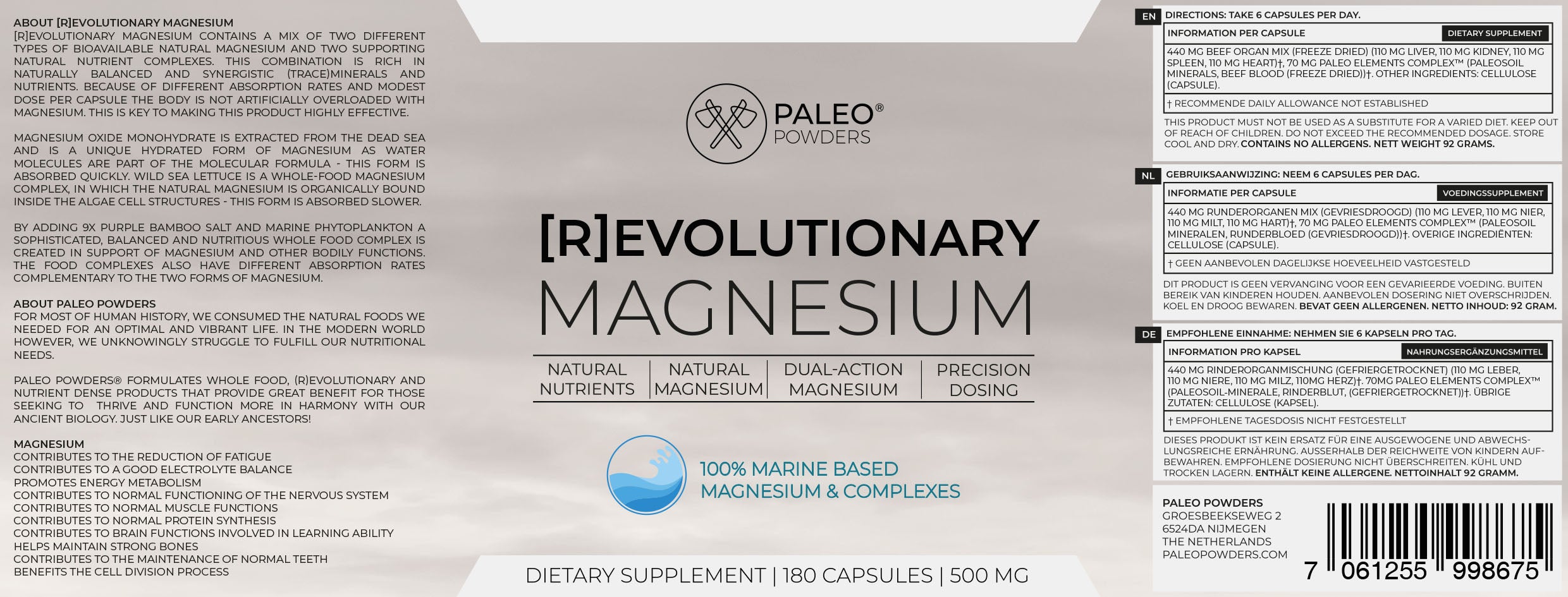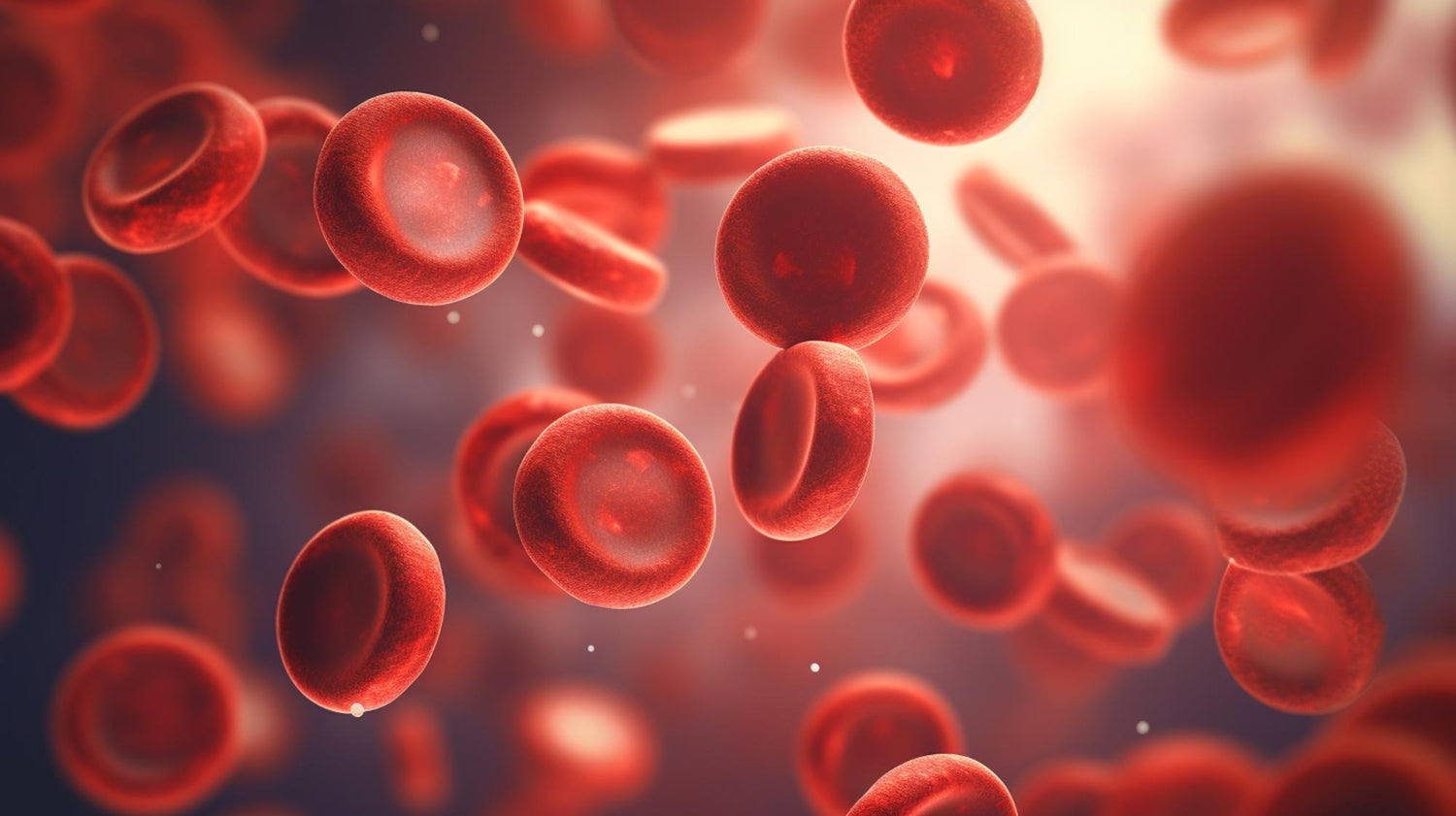
Optimal Sleep: A Journey to Circadian Health
In the hustle and bustle of modern life, a good night's sleep often seems like an elusive dream. The value of quality sleep cannot be emphasized enough, as it not only affects our daily functions but also plays a crucial role in our long-term health. In this exploration of sleep well-being, we delve deeper into key insights inspired by ancient wisdom and supplemented with expert opinions, including insights from neurosurgeon and sleep expert Jack Kruse.
Embrace the Morning Sun
Starting your day with a dose of sunlight may sound like a simple tip, but its impact on our well-being is profound. Exposure to natural light in the morning stimulates the brain, awakening it without the jarring effects of an alarm clock. This natural stimulus helps regulate our internal body clock, promotes alertness throughout the day, and sets the foundation for restful sleep at night.
The influence of sunlight extends beyond waking up; it has the power to improve mood and reduce stress levels. Increased serotonin levels, a neurotransmitter associated with happiness, and the boost in vitamin D production contribute to an overall sense of well-being. Our connection to natural light is integral to optimizing our circadian rhythms.
Avoiding Electronics
Our ancestors lived in harmony with nature, and their sleep environments were characterized by natural darkness. In today's digital age, the invasion of artificial light, especially the blue light emitted by screens, disrupts our circadian rhythms. Research indicates that exposure to electronic devices before bedtime can suppress melatonin production by more than 50%, affecting our ability to fall asleep and the quality of our sleep.
Jack Kruse emphasizes the harmful effects of excessive artificial light on the optimal functioning of our brains. He underscores the importance of minimizing screen time before bedtime to allow our bodies to naturally relax and prepare for restorative sleep.
Sunset Rituals
Going to bed at sunset may sound like a return to a bygone era, but aligning our sleep patterns with natural light-dark cycles has tangible benefits. Our internal body clock strongly responds to light and darkness, influencing the release of sleep-regulating hormones. By adhering to a sleep routine at sunset, we signal to our bodies that it's time to transition to rest.
In his research, Jack Kruse points to the impact of light exposure on mitochondrial function and connects this to the body's energy production and, consequently, the quality of sleep.
Living in Harmony with Circadian Rhythms
Understanding and respecting our circadian rhythms is crucial for achieving optimal sleep. While some people are natural early birds, others identify as night owls. Jack Kruse encourages individuals to adjust their lifestyles to their unique circadian preferences and emphasizes that a one-size-fits-all approach does not apply to sleep.
For morning people, embracing outdoor activities during daylight hours can enhance circadian alignment. On the other hand, night owls might benefit from investing in blackout curtains to simulate darkness during daylight hours.
Temperature
Maintaining a cool room temperature, ideally between 15 and 20 degrees Celsius, emerges as another crucial factor in optimizing sleep. The core body temperature naturally decreases as we approach sleep, and a cool sleep environment supports this process. It not only helps to fall asleep faster but also reduces body movements during sleep, contributing to a more peaceful night.
This underscores the importance of thermoregulation in promoting quality sleep. Cooler temperatures support the body's natural sleep-wake rhythm and can be particularly beneficial for those experiencing disruptions due to hot flashes or other heat-related issues.
Ancient Wisdom in a Modern World
Our ancestors, devoid of the technological conveniences we have today, had an innate understanding of circadian rhythms. They prioritized restful sleep and considered it an essential luxury for survival. In contrast to the modern world, which inundates us with sleep-disrupting stimuli, we often seek solutions. By reconnecting with nature, minimizing artificial light, and adjusting our lifestyle to our circadian preferences, we can rediscover the soothing sleep our ancestors thrived on.
Sleep and Circadian Health
Jack Kruse emphasizes the complex connection between light exposure, circadian rhythms, and overall health. His research focuses on the impact of light on mitochondrial function and highlights its crucial role in optimizing sleep quality.
According to Kruse, aligning our habits with natural light-dark cycles is crucial for maintaining a healthy circadian rhythm. He advocates for a holistic approach that includes natural sun exposure during the day and minimizes artificial light, especially blue light, in the evening.
Furthermore, Kruse emphasizes the importance of considering individual differences in circadian preferences. Understanding whether we are natural early birds or night owls can better help us tailor our lifestyle to our natural rhythms, contributing to improved sleep and overall well-being.
Conclusion: A Holistic Approach
In our quest for better sleep, it is essential to embrace a holistic approach that integrates ancient wisdom with modern insights. Jack Kruse's research reinforces the idea that reconnecting with nature, respecting our circadian rhythms, and incorporating supportive supplements can collectively contribute to a healthier sleep ecosystem.
As we navigate the demands of the modern world, let us not forget that our bodies are deeply rooted in the rhythms of nature. By aligning our sleep habits with ancestral principles, we can unlock the secrets of optimal sleep and embark on a journey toward sustainable well-being.











